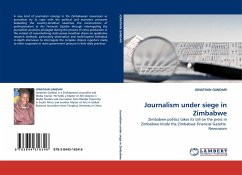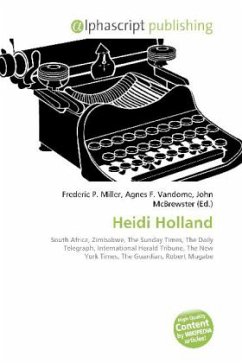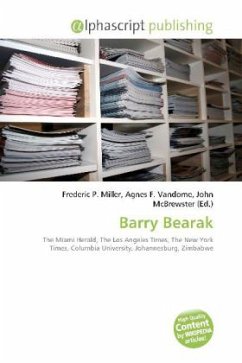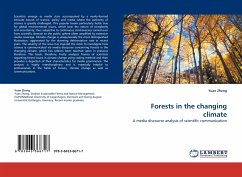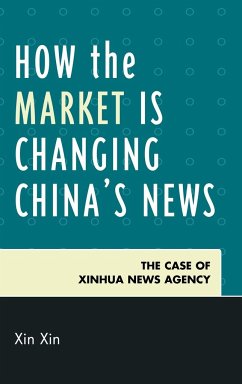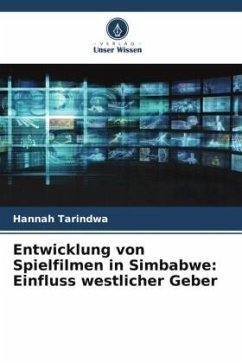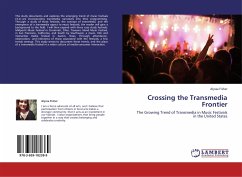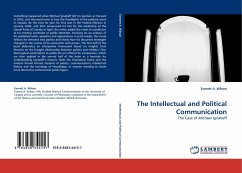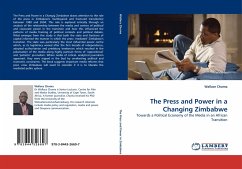
The Press and Power in a Changing Zimbabwe
Towards a Political Economy of the Media in an African Transition
Versandkostenfrei!
Versandfertig in 6-10 Tagen
52,99 €
inkl. MwSt.

PAYBACK Punkte
26 °P sammeln!
The Press and Power in a Changig Zimbabwe draws attention to the role of the press in Zimbabwe's multilayered and fractured transition(s) between 1980 and 2004. This role is explored critically through an analysis of the relationship between the media and centres of political and corporate power in the transition and how this influenced the patterns of media framing of political contests and political debate. What emerges from this study is that both the state and fractions of capital informed the manner in which the press mediated' Zimbabwe's transition. The state was particularly the most in...
The Press and Power in a Changig Zimbabwe draws attention to the role of the press in Zimbabwe's multilayered and fractured transition(s) between 1980 and 2004. This role is explored critically through an analysis of the relationship between the media and centres of political and corporate power in the transition and how this influenced the patterns of media framing of political contests and political debate. What emerges from this study is that both the state and fractions of capital informed the manner in which the press mediated' Zimbabwe's transition. The state was particularly the most influential power centre which, as its legitimacy waned after the first decade of independence, adopted authoritarian and predatory tendencies which resulted in the polarisation of the media along highly partisan forms of oppositional' and patriotic' journalism. Where nodes of critical- analytical journalism appeared, they were nipped in the bud by unrelenting political and economic constraints. The book suggests important media reforms that post- crisis Zimbabwe will need to consider if it is to liberate the mediated public sphere.



